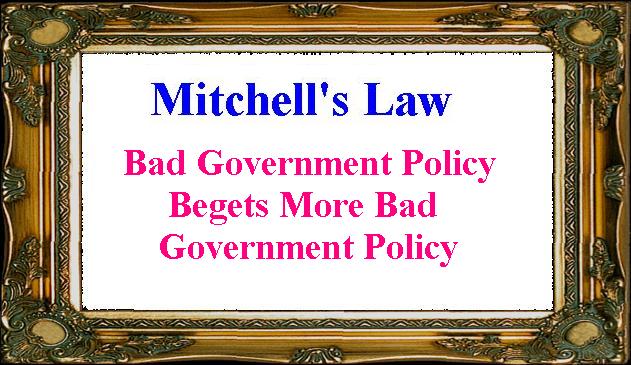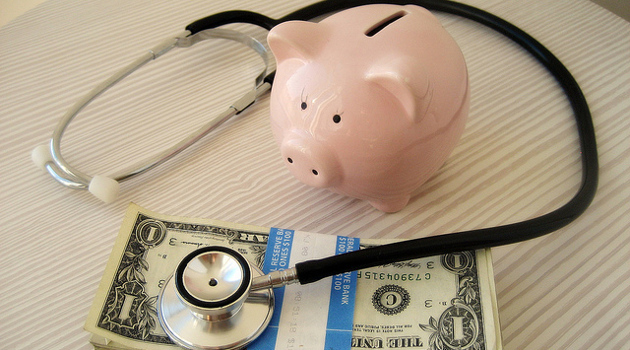Last night’s train-wreck debate reinforced my disdain for politicians.
But let’s ignore the immature theatrics from Trump and Biden and focus on one of their policy disagreements.
The two candidates squabbled over whether creating a government-administered health plan (see page 31 for a description of Biden’s so-called “public option“) would lead to the demise of the current system of employer-provided health insurance.
For what it’s worth, there are two big reasons why I’m not a fan of the current employer-based system.
- It is propped up by a huge distortion in the tax code known as the “healthcare exclusion.”
- It leads to over-insurance and therefore exacerbates our third-party payer problem.
That being said, I’m very aware of the fact that politicians are always capable of making things worse (the “lather-rinse-repeat cycle” of government failure).
(the “lather-rinse-repeat cycle” of government failure).
So let’s consider this key question: Government intervention has made our health system expensive and inefficient, but would a “public option” make things better or worse?
About two months ago, I shared this video which explains why the so-called public option will wind up being an expensive boondoggle.
Given the track record of health entitlements, I think the video you just watched is correct. A public option would be a fiscal nightmare.
But does that mean it also would be a threat to the employer-based system of private health insurance?
I think the answer is yes, largely because the subsidies that will make the system more expensive are also the subsidies that will make the public option seem like a good deal.
Let’s use two analogies to get this point across.
- Fannie Mae and Freddie Mac dominate housing finance, not because government-created entities are efficient, but because they use subsidies from the federal government to under-price private competitors.
- Parents know private schools produce much better educational outcomes than government schools, but most families opt for the inferior option because it’s already being financed by their tax dollars.
I fear the same thing will happen with the so-called public option. Politicians (in their never-ending efforts to but votes) will keep increasing the subsidies. That will make employer-based health plans seem less attractive by comparison.
And there will also be political pressure to provide an ever-more-extensive set of benefits (as illustrated by the cartoon). That will also make employer-based health plans seem less attractive by comparison.
The net result of all this is that even though the vast majority of workers are happy with their current employer-provided health plans, Biden’s public option will slowly but surely squeeze them out of the market.
The bottom line is that we’ll wind up with single-payer, government-run healthcare, but politicians would be sneaking it in the back door.
———
Image credit: http://401kcalculator.org | CC BY-SA 2.0.

